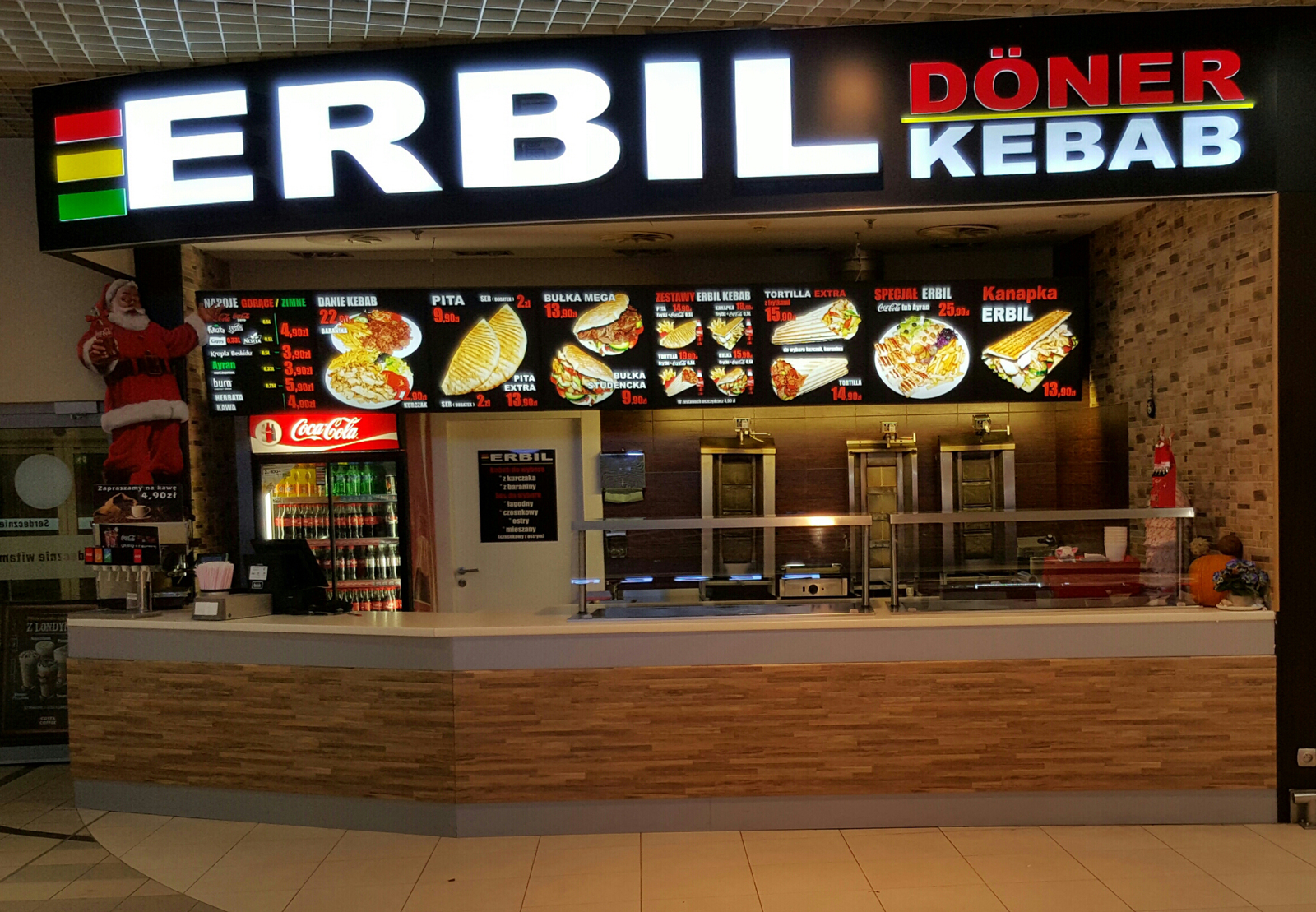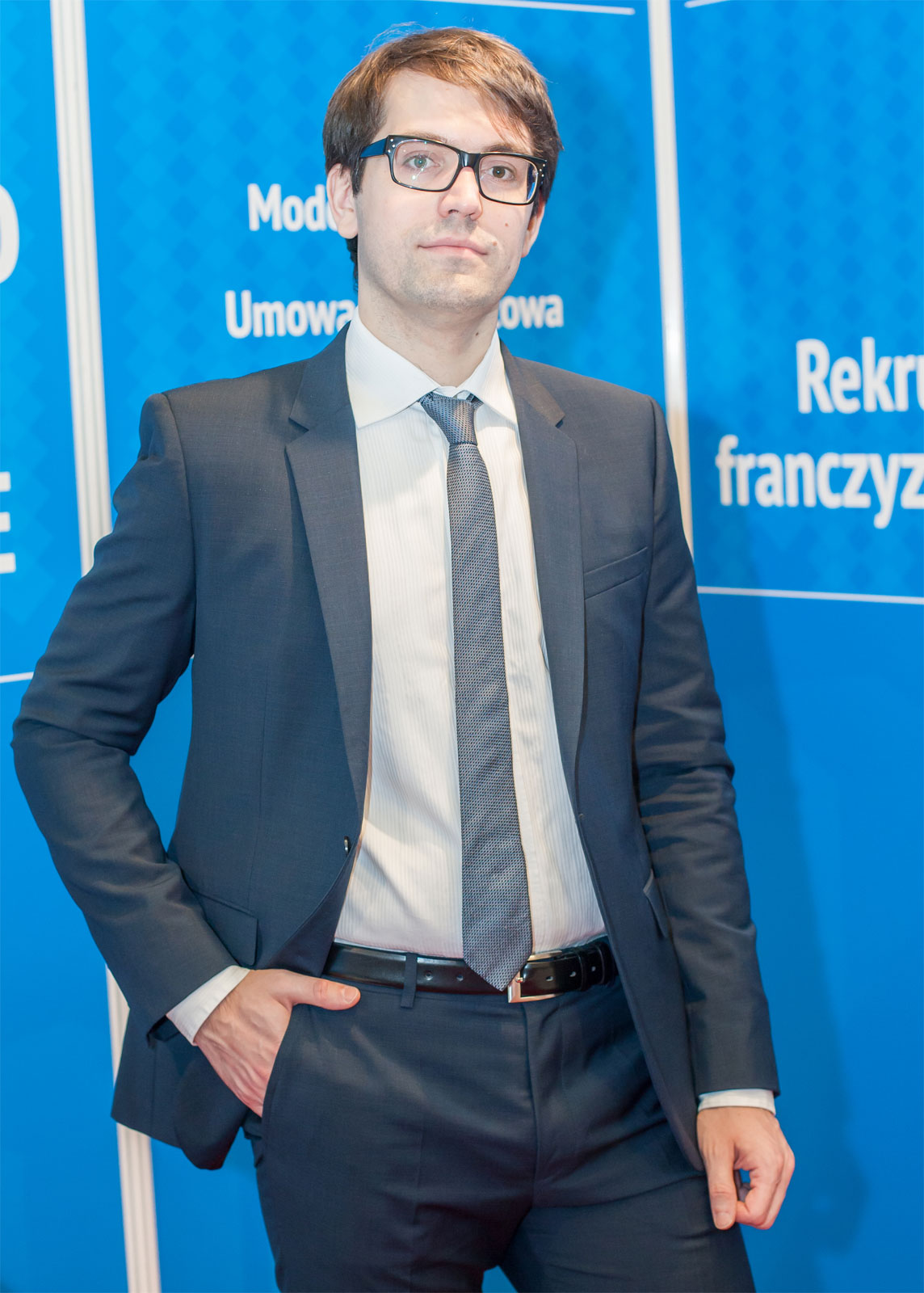Planning for profits

When starting a franchise, you will receive a model business plan from the franchisor. To save any undue surprises, we will outline the key elements to keep your eyes on.
Buying a franchise license is known to reduce the risk otherwise taken on from a ground-up business. You’re not just buying a company, you’re buying a proven business model. It’s not just the logo you acquire, but ongoing support and industry know-how. Therefore, a quality licensor will provide you with a ready-made business plan before you begin. The business plan unveils the financial future and best approach on moving forward with your new franchise business. Being able to decipher this experience-based information is the key to getting a head-start.
Cash to start
A business plan is divided into many sections. From an entrepreneur’s point of view, the most important part is the initial outlay investment. This should outline the information about the finances required to spend on the renovation of the premises and the purchase of any equipment. These expenses of course vary depending on the specifics of the location – in particular, site geography and the site actual size. Some companies such as Tutti Santi Pizzeria, provide their financial forecast to the franchisee after a potential suitable site is found. Furthermore, the business plan takes into account: investment outlays, costs of running the premises in a specific location and the estimated time of return on the investment, among other things. Only after weighing up these financial facts should a franchisee decide to sign any contract.
A franchise business plan is different to a regular business plan; in that it also includes franchise fees in the costs. In addition to the previously mentioned costs of renovation, equipment, stock, etc, the business plan should include the initial payment grand total. Not all franchisors will charge the initial fee for a range of different reasons we won't get into right now, however most will. The initial fee can range from being an afforable percentage, to being one of the most considerable parts of the whole start-up expense.
Here are two examples:
Franchiser Erbil Donner Kebab
Average restaurant cost: EUR 44,000
Initial payment fee: EUR 3,500
DGE Bruxelles Consulting Office
Initial payment fee is the major investment cost: EUR 10,000 (average estimate)
"The costs related to joining the network, according to the developed business plan, should pay off at a maximum of 1-1.5 years of starting the operation. But it all depends on the business activity of the franchisee, the profile of the clients they serve and the value of the projects," says Magdalena Oleszkowicz, proxy of DGE Bruxelles, Poland.
Financing sources should be specified at investment estimation stage. It’s worth asking the franchisor if they allow or have included the possibility of purchasing equipment on credit, or by leasing it through the business plan. These tools can help people with limited capital reduce start-up expenses, but will of course will be taken from any ongoing profits.
Safety cushion
Knowing the right amount of capital required to start is essential to getting past the first stage - as is setting the tone for your business early. During the first few months you will have to work hard to get clients through the door. Finding ways to reach out, showing them who and what your company is about and what value you have to offer. This is a critical period for every new company, as costs will generally exceed revenues. Therefore, before you start, it’s important to get from the franchisor the most accurate reading of the forecast of expenses and revenues expected in the first few months. This way you know in advance just how much extra cash you will need in your back pocket.
"If we forecast it’ll be necessary to add money to the business for the first three months, it’s worth setting aside a financial reserve that will allow the company to survive this period peacefully. That’s why we recommend a 'safety cushion' should be added to the initial investment amount," recommends Karol Kaczmarek, PROFIT system franchise advisor.
Once your business is out of the gates, you will move forward in search of the break-even point. This is the moment when your current revenues start to exceed costs. In other words, the company stops running at a loss, and you begin to earn. A well-prepared business plan should outline roughly when this point will be achieved. If your business plan doesn’t mention the break-even point, it’s probably worth talking to the license holder to attain as much information about this projection as you can.
Don’t be confused between the break-even point and the payback period. The payback period is when the total profits of the business equal the total outlayed capital expenditure (or investment). That’s when you start to really start to make money. Once again, this projected information should also be clear in the business plan.
"It’s important for franchisees if the return on investment will arrive within the period which the franchise agreement has been promoted and agreed based upon. Otherwise, investors will be sceptical on joining the franchise network," explains Mr Kaczmarek.
Check the numbers twice
As we live in the real world, we do unfortunately have to be wary of companies tweaking and misleading would-be franchisees with their financial results. Deep down we all have a romantic desire see the numbers through a rose-colours lens while overlooking some of the real start-up costs. Franchisors want to sell the dream just as much as you want to live it. Luckily there are ways we can combat the optimistic visions with a dose of clever reality.
Checking sales receipts is a good way to see if things really are matching up to the forecasts. The trick to this is to make a small purchase at the network point you’re interested in, on the same day, several times a month. We suggest doing this towards the end of the work day. From this invoice you should be able to determine how many receipts were issued that day. From there you can make some estimates to see if what is being said by the franchisor matches the everyday reality.
When estimating the revenues of a new business, it’s also worth considering all the money that goes into the cash register is not all yours to take. The cost of products and services are subject to VAT, which is payed to the tax office. New business owners and franchisees sometimes forget about this which can result in an unpleasant surprise at the end of the billing cycle.
"Equating ‘money taken’ with ‘income’ is a common mistake for new business owners. Income begins only when we deduct the costs of running a business from the takings," reminds, Mr Kaczmarek.
The financial calculations provided in the business plan is obviously a big help for any entrepreneur taking their first steps in business. It’s worth looking at the plan with a critical eye and considering whether the projected costs and revenues will exist in the future. Some franchisees, such as Maciej and Łucja Paczkowski from the Mydlarnia u Franciszka network, took matters into their own hands and prepared their own calculations.
"Before starting the cooperation, we sent the company our vision of how the store should look like," recalls Maciej Paczkowski. "We included an extensive list of questions: about the adaptation of the premises, technical and financial details. We also made our own business plan. We counted all costs we had to bear and estimated possible revenues. It’s clear that no one could guarantee us how many customers would come to us, so we anticipated for several deviations. The franchisor as such talked to us honestly: he did not ‘sweeten’ anything, he didn’t promise willow pears. He warned it would be hard work," said Mr Paczkowski.
Don't put you blind faith in sales pitch. By taking a thorough and realistic approach you can maintain a lot of financial control. At the end of the day, it's your business and ultimately the buck stops with you.
Featured franchises
No featured franchises
Breaking news
Show all
Franchise model in sustainable water solutions
An international franchise network focusing on water generation and distribution technologies designed for commercial and residential markets.

Milano Cosmetics franchise overview
Milano Cosmetics offers a global franchise model for professional beauty salons with defined financial terms, operational support, and international p

REFAN franchise network
REFAN is a European cosmetics and perfume manufacturer offering a standardized franchise model based on private-label production and retail.

Neuhaus Chocolates franchise model
An established Belgian chocolate house offering a structured franchise concept built on heritage, premium quality and international brand recognition.


